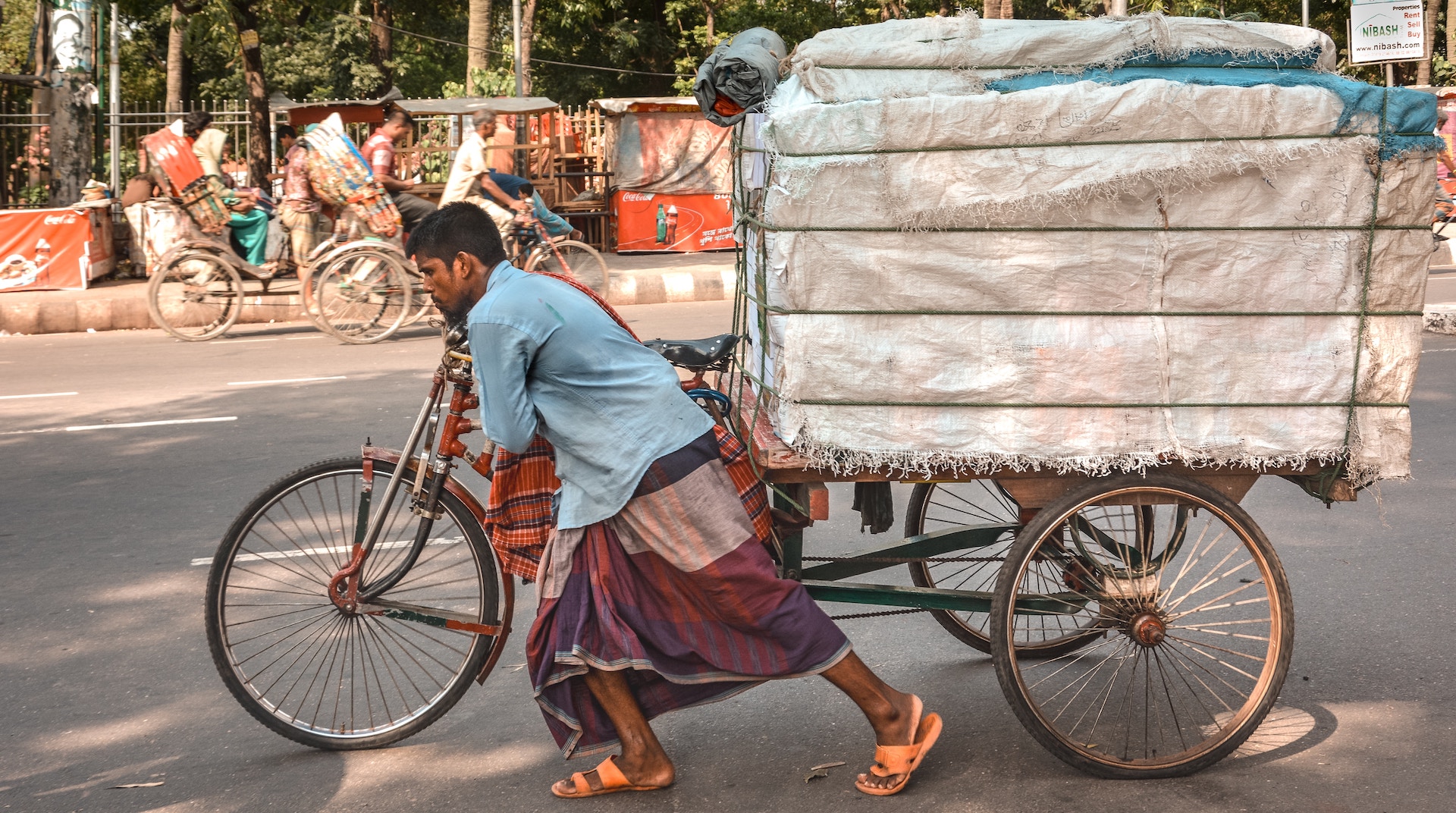Why Do People Stay Poor?
SHARE THIS

| Maitreesh Ghatak (LSE) | |
| Thursday 11 April 2019 at 12:00 - 1:30 pm (Hong Kong time, GMT +8) | |
|
Room 3301 (via lifts 17-18), Academic Building, HKUST |
There are two views for why poverty persists. The poverty traps view emphasises that access to opportunities depend on initial wealth and hence people stay poor because they are born poor. The equal opportunity view emphasises that differences in outcomes must be due to individual traits. We use a randomised control trial of an asset transfer program in Bangladesh to test the two views. Evidence from 23 thousand individuals from 1309 villages, surveyed three times between 2007 and 2011 is consistent with the poverty traps view: (i) the distribution of assets is bimodal, (ii) there is a threshold level of assets, at the lowest density point of the distribution, such that individuals with initial capital below the threshold remain trapped in poverty whereas those above escape poverty. Structural estimation of an occupational choice model reveals that 78% of beneficiaries are misallocated at baseline and that the gains from eliminating misallocation are orders of magnitude larger than the cost of the program.
This seminar is co-organized with the Division of Social Science and the Department of Economics, HKUST.
The event is open to all with limited seats. For enquiries, please send to sopeggy@ust.hk.
About the Speaker
Maitreesh Ghatak is Professor of Economics at the London School of Economics, a position he has held since 2004. He is an elected Fellow of the British Academy. He did his doctoral studies at Harvard University and previously taught at the Department of Economics at the University of Chicago. His main areas of research interest are development economics, public economics, and the economics of organizations. He is currently the Deputy Head of the Department of Economics at the LSE. He has been the Director of the Development Economics Group at the research centre STICERD at the LSE since 2005. He is a co-editor of Economica since 2016, having previously served as Editor-in-Chief of the Journal of Development Economics from 2009-2015, the Managing Editor of theReview of Economic Studies from 2003-2006, and a co-editor of The Economics of Transition from 2003-2005. He is a Board Member of the Bureau for Research in the Economic Analysis of Development (BREAD); Research Fellow of the Centre for Economic Policy Research (CEPR) in the research areas of Development Economics, Macroeconomics and Growth, and Public Economics.
Get updates from HKUST IEMS






